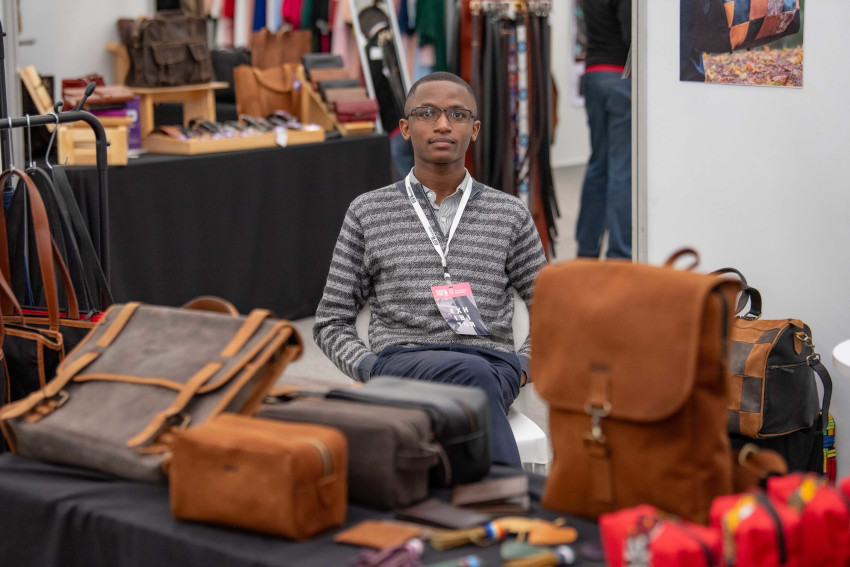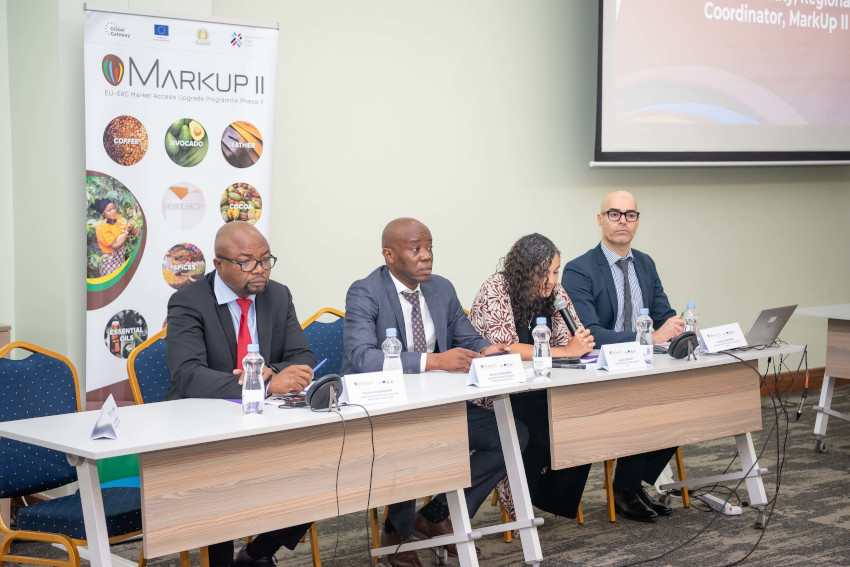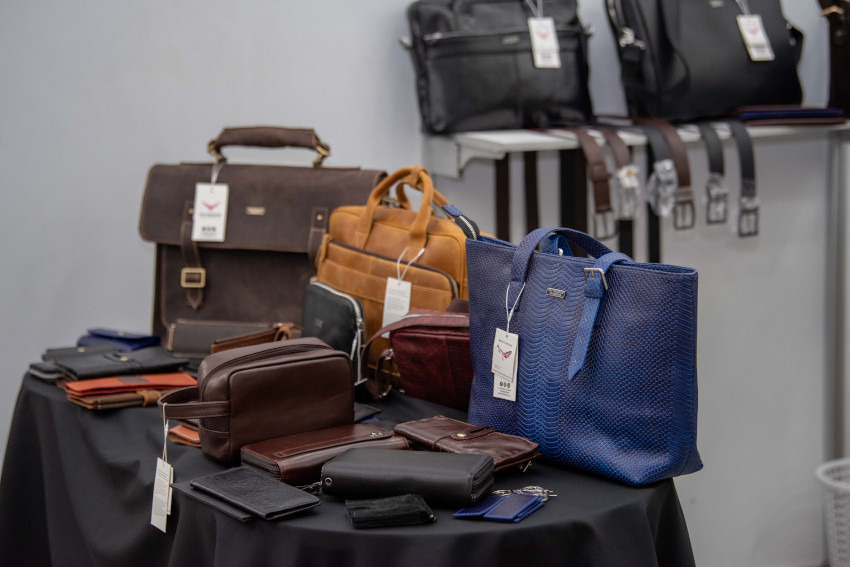From East Africa to the World:
Nairobi: 17 leather footwear and accessories manufacturers and tanneries from Kenya, Rwanda, South Sudan and Tanzania exhibited at the Africa Sourcing and Fashion Week (ASFW) 2025 held in Nairobi, Kenya.
As part of the European Union (EU)-funded EU–East African Community (EAC) MARKUP II programme, the International Trade Centre (ITC) facilitated the participation of these leather businesses specializing in footwear and accessories from Tanzania, Kenya, Uganda, and South Sudan. The delegation also included business support organizations (BSOs) and key institutional partners.
This initiative created new business opportunities and significantly boosted international visibility for East Africa’s leather sector.
On the sidelines, ITC also hosted a high-level panel discussion titled “The Future of East Africa’s Regional Leather Industry: Exploring the Challenges and Opportunities.” in partnership with the African Leather and Leather Products Institute (ALLPI).
The panel brought together industry experts, policymakers, and business leaders to address key challenges facing the sector, including limited value addition, infrastructure deficits, and environmental sustainability.
Jimmy Odhiambo, the current EAC Chair, Ministry of Investments, Trade, and Industry Kenya in his opening remarks said : “This forum is instrumental in highlighting the vital role that leather associations can play in creating a more creative, inclusive and competitive industry. Associations are the connective tissue of the value-chain. They amplify voices, foster collaboration and create pathways to scale."
Angela Becaty, ITC Regional Coordinator for the EU-EAC MARKUP II programme, said: “The demand for footwear is growing in the EAC. If we could fill the gaps in demand through locally produced leather footwear, there is a potential to create hundreds of thousands of jobs.
ITC reaffirms its strong commitment to the EAC Secretariat and all our Partner States. With support from the EU, through MARKUP II, we’re here to support capacity building, policy alignment, and improved access to regional and international markets."
Adrian Njau, Acting Executive Director, East African Business Council also participated in the discussion.
The 2025, edition went beyond EAC countries to include a broader audience from ALLPI member states, making the exchange experience even more enriching and technically robust.





